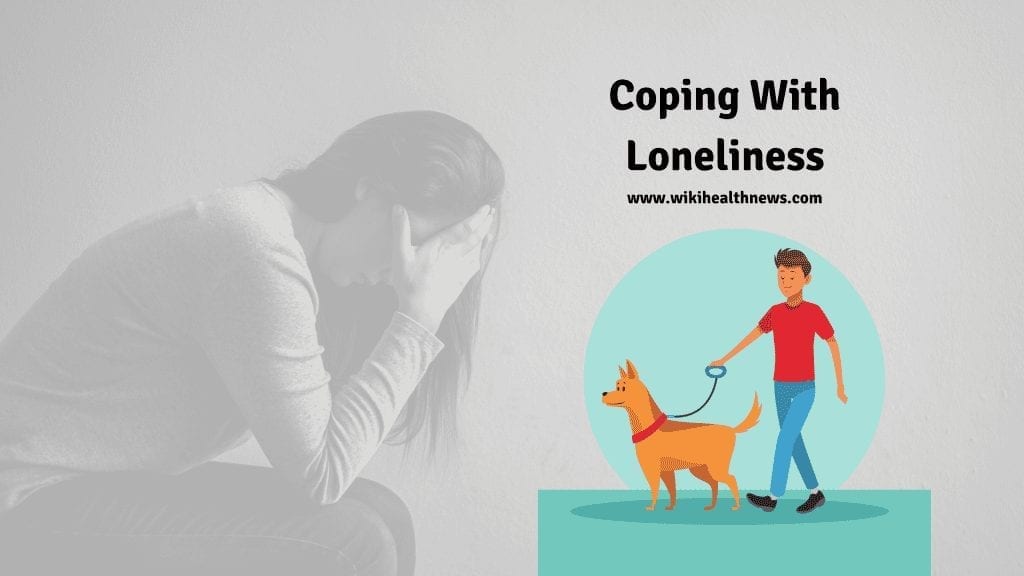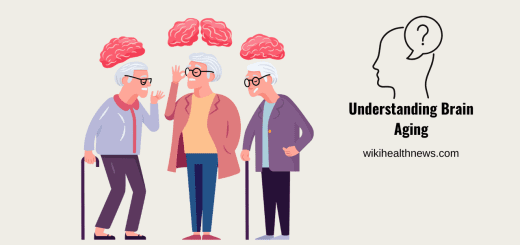Loneliness and Solitude Can Lead to Depression

Research has proven that loneliness is the world’s major elements for an untimely death. Multiple conditions including heart disease, lung disease, cardiovascular disease, hypertension, atherosclerosis, stroke, and metabolic disorders, such as obesity and metabolic disease are linked to loneliness. Apart from all this loneliness can lead to major psychological problems, such as depression, psychological stress, and anxiety. There are a lot of elderly people living alone, and it increases the risk of feeling lonely or socially isolated. Loneliness can lead to weakness and self-pity in such a situation. It may not be a physical ailment but can negatively affect social relationships. According to research half of the human beings near jeopardy experiencing an elevated sense of loneliness and anxiousness are older individuals.
Why someone prefers solitude and loneliness?
Loneliness is to be aloof from society and social engagements. Majority of times it is a voluntary choice of an individual. There are few common reasons which can bring in loneliness in life.
- The discrepancy in social desire and achievements
- Unpleasant social relationships
- Lack of the desired level of intimacy in relationships
- Poverty and lack of social support
- Spiritual involvement
Loneliness in the elderly
The aging process is accompanied by many changes derived from the life events characteristic of this stage of life. Factors leading to loneliness in the elderly include
- Reduced social roles following retirement,
- The emancipation of their children,
- Death of their spouse or partner,
- Diminished health or functional capacity,
- The emotional impact of losing friends, family, and peers.
What loneliness can do to a person?
Loneliness is an attitude arising from psychological manifestation of social isolation. It is the reflection of the dissatisfaction and the individual social experiences. Loneliness pushes away from his or her social contacts into solitude and avoidance behavior. The discrepancy between the social achievements in terms of social and economic gain is one of the major reasons of such self-isolation. Loneliness is linked to negative social information generated by surrounding or self.
Loneliness is associated with higher levels of cortisol and impaired immune activity leading to physical weakness. In this way, there is high blood pressure interrupted sleep, and an increased risk of heart disease and mortality.
Can loneliness change your personality?
Loneliness is a common experience; many of us report being lonely at least sometimes in our life. It is a distressing feeling with self-evaluation in comparison with our social contacts. It accompanies the feeling that our social needs are not being met or supported. Such feelings of loneliness are generally short lived. We often succeed in motivating ourselves and reconnect with others by self-efforts. Some of us may require geographic relocation or change of work place and social circle to overcome loneliness. At times these feelings become intense and change an individual’s perception irreversibly. Such situations will need attention and psychotherapy.
What does loneliness do to the brain?
Loneliness has been associated with personality disorders and psychological changes. Some of them can lead to impulsive behavior like suicide, impaired memory, performance and cognitive decline over time. Increased risk of Alzheimer’s Disease, diminished executive control, and increases in depressive symptoms are seen in such individuals. The nature of depressive symptoms associated with loneliness depends on the root cause.
Is it bad to be alone all the time?
Human beings are social creatures depending on the surrounding. Human survival in difficult without social group living. Feeling lonely impairs the capacity to self-regulate with the society. These effects are spontaneous and happen without our awareness. Physical activity is a well-known protective factor for mental health, alertness and memory-related functioning. Loneliness heightens feelings of threat and unconscious social danger. Reducing feelings of loneliness and enhancing a sense of connectedness and social adhesion is essential for healthy mental conditions.
Coping with loneliness and anxiety
Few things would help us understand human behavior. Humans are social animals and loneliness cannot be a part of healthy lifestyle. We can use transient feeling of being alone to rejuvenate ourselves and get back to our social engagement. Loneliness is like other basic behaviors and emotions as anger, happiness and sadness and part of each human being. To overcome such a feeling, we must eliminate the cause.
Everybody cannot achieve the same level in each field. If we feel left apart due to lack of achieving certain goals in our life then it makes no sense. As human being we have different level of satisfaction, there is no need to feel guilty if we can’t get to our goals. There are few ways to come out of depression due to loneliness.
Increase your social skills – Take classes and get involved in new skills which you never thought of, such as, painting, creative writing, reminiscence/life stories, Tai Chi, moderate physical exercise and activities, computer science, ceramics, exploring music and sound, arts and crafts, education regarding falls, cooking, singing, walking and talking groups, and book clubs.
Strengthening social support – Take classes focused on self-esteem, relationship skills, and on the different phases of friendship development. It helps to strengthen the inner you.
Increase opportunities for social interaction – This helps you for strengthening social bonds and friendship. The increase in the number of users of communication and information technologies has led many intervention programs to rely on the Internet and its possibilities in order to increase social networks and reduce loneliness.
Socio-cognitive training- Social and leisure activities like library services for senior citizens, counselling classes on social support etc. Practices regarding mindfulness and meditation bear help you decrease emphasis and anxiety. When practiced regularly, it executes help you experience extra in limit concerning your personal state.
Physical activities – training easy removal techniques, like respiration exercises, muscle relaxation, mindfulness, meditation. These are techniques to absolutely relieve you of mental distress.












